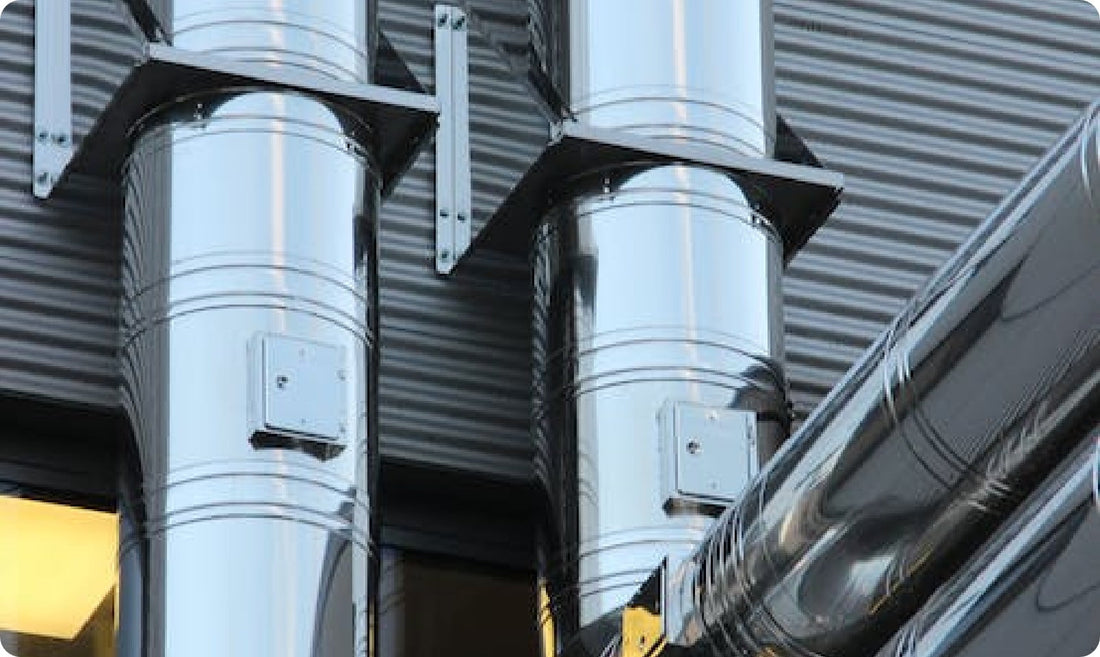In the rapidly evolving landscape of industrial technology, gas systems play a pivotal role across various sectors, including manufacturing, healthcare, energy, and research. As industries strive for higher efficiency, sustainability, and safety, innovative advancements in gas systems have become critical. The Analytical Science and Technologies Group (ASTG) is at the forefront of exploring and implementing these innovations, ensuring that industries stay ahead of the curve. This article delves into the cutting-edge technologies shaping the future of industrial gas systems and highlights their transformative impact.
One of the key innovations in gas systems is the development of advanced filtration technologies. These systems utilize high-performance materials and novel designs to achieve unprecedented levels of gas purity. For instance, nanofiber filters and metal-organic frameworks (MOFs) have revolutionized gas purification by providing high surface area and selective adsorption capabilities. These innovations ensure that even trace contaminants are effectively removed, enhancing the quality and reliability of industrial processes.
Cryogenic separation, a process that involves cooling gases to extremely low temperatures to separate components based on their boiling points, has seen significant advancements. Modern cryogenic systems are now more energy-efficient and capable of achieving higher purity levels. Innovations in this area include the use of advanced cryocoolers and hybrid separation technologies that combine cryogenic processes with membrane or adsorption techniques for enhanced performance.
The integration of Internet of Things (IoT) technologies into gas distribution networks has brought about a paradigm shift in how these systems are monitored and controlled. IoT sensors and devices provide real-time data on gas flow, pressure, temperature, and quality, allowing for proactive maintenance and optimization. This level of insight helps prevent leaks, reduce downtime, and ensure the safe and efficient operation of gas systems.
Leveraging big data and machine learning, predictive maintenance algorithms can analyze patterns and predict potential failures in gas systems before they occur. These algorithms consider various parameters, such as equipment age, usage patterns, and environmental conditions, to provide accurate maintenance schedules. This proactive approach minimizes unexpected breakdowns and extends the lifespan of gas system components.
As industries seek sustainable alternatives to fossil fuels, green hydrogen has emerged as a promising solution. Produced through electrolysis using renewable energy sources, green hydrogen offers a clean and versatile energy carrier. Innovations in electrolyzer technology, including the development of more efficient and cost-effective materials, are making green hydrogen production increasingly viable for industrial applications.
Carbon capture and utilization technologies are essential for reducing industrial carbon emissions. Advanced gas systems now incorporate CCU technologies that capture CO2 emissions from industrial processes and convert them into valuable products, such as synthetic fuels and chemicals. This not only helps in mitigating climate change but also creates new revenue streams for industries.
Ensuring the safety of gas systems is paramount. Innovations in leak detection technologies, such as laser-based sensors and acoustic detection methods, have significantly improved the ability to quickly identify and address leaks. These advanced systems offer higher sensitivity and faster response times, thereby reducing the risk of accidents and enhancing overall safety.
As regulatory standards for industrial gas systems become more stringent, ensuring compliance is a major focus. Innovative gas systems are now designed to meet the highest regulatory standards, incorporating features like automated reporting and documentation, which streamline the compliance process. This not only ensures adherence to regulations but also enhances transparency and accountability.
The future of industrial gas systems is being shaped by a multitude of innovative technologies that enhance efficiency, sustainability, safety, and compliance. From advanced purification techniques and smart distribution networks to sustainable gas solutions and enhanced safety measures, the innovations explored by the Analytical Science and Technologies Group (ASTG) are paving the way for a new era in industrial gas systems. By staying ahead of the curve and embracing these cutting-edge technologies, industries can achieve greater operational excellence and contribute to a more sustainable future.
In the quest for industrial excellence, ASTG remains committed to pioneering advancements that transform the capabilities of gas systems, ensuring they meet the ever-evolving needs of modern industries. The journey towards a smarter, safer, and more sustainable future continues, driven by innovation and collaboration.

